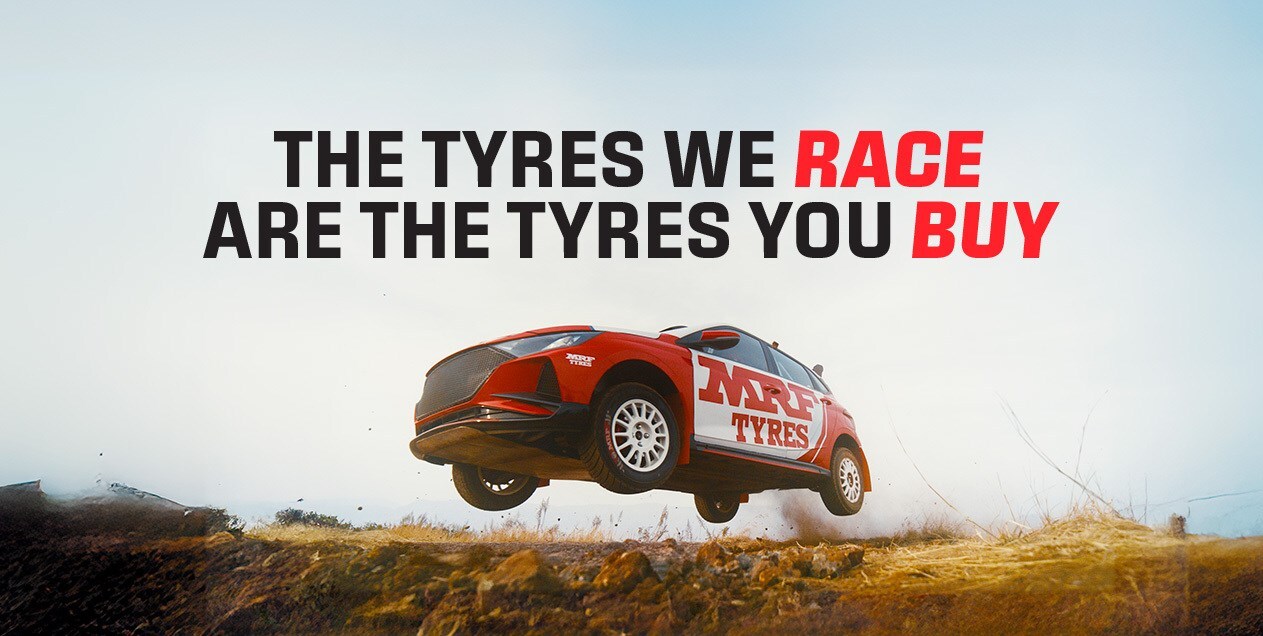您想继续阅读英文文章还
是切换到中文?
是切换到中文?

THINK ALUMINIUM THINK AL CIRCLE

India’s top tyre maker, MRF Limited, is stepping firmly into the green energy space with a INR 990 million investment to acquire a 26 per cent stake in Serentica Renewables India Private Limited. The transaction signifies a defining point in MRF's decarbonisation strategy as the automotive industry transitions toward sustainable manufacturing.

A strategic clean energy partnership
MRF will acquire the stake through cash consideration. The transaction includes a long-term power supply and consumption agreement for solar and wind energy under India’s captive power policy. Completion is expected by 31 July 2026.
Serentica, located in Gurugram, was founded in May 2025 and is dedicated to the development, ownership, operation and management of renewable power projects across solar, wind, hydro and energy storage projects. Its portfolio fits well with India's increasing push to create clean energy capacity, even though the firm has yet to start commercial operations.
Strengthening MRF’s net-zero ambitions
This investment can be seen firmly within the broader decarbonisation strategy of MRF; in addition, the tyre maker has committed to achieving net-zero Scope 1 and 2 emissions by FY2050, with an interim goal around a 25 per cent reduction in emission intensity by FY2028. Currently, renewables only provide 12 per cent of its power requirements.
By taking a stake in Serentica, MRF aims to secure stable energy costs for 20–25 years, shield itself from grid price volatility, and expand its renewable energy portfolio. The group captive mechanism under the Electricity Act allows MRF to source at least 51 per cent of its electricity directly from the project, reducing both emissions and dependency on fossil-fuel-based grid power.
Aligning with national net-zero goals
Due to stricter environmental standards and Renewable Purchase Obligations (RPOs) in India, heavy industry players are now changing the way they use energy. MRF's decision supports India's 2070 net-zero goal and still meets regulatory requirements.
Interestingly, carbon credits may provide a second revenue stream, but the decision appears driven largely by energy security and weathering impacts in the long term.
MRF’s decision mirrors the direction of its peers. JK Tyre & Industries was the first Indian tyre company to join RE100, already meeting 53 per cent of its energy needs through renewables. Similarly, Bridgestone India achieved carbon neutrality at its Pune plant through a hybrid of solar, biomass and carbon credits.
Also Read: India floats 3.6 GW of renewable tenders as solar capacity tops 25 GW in 2025
Responses








